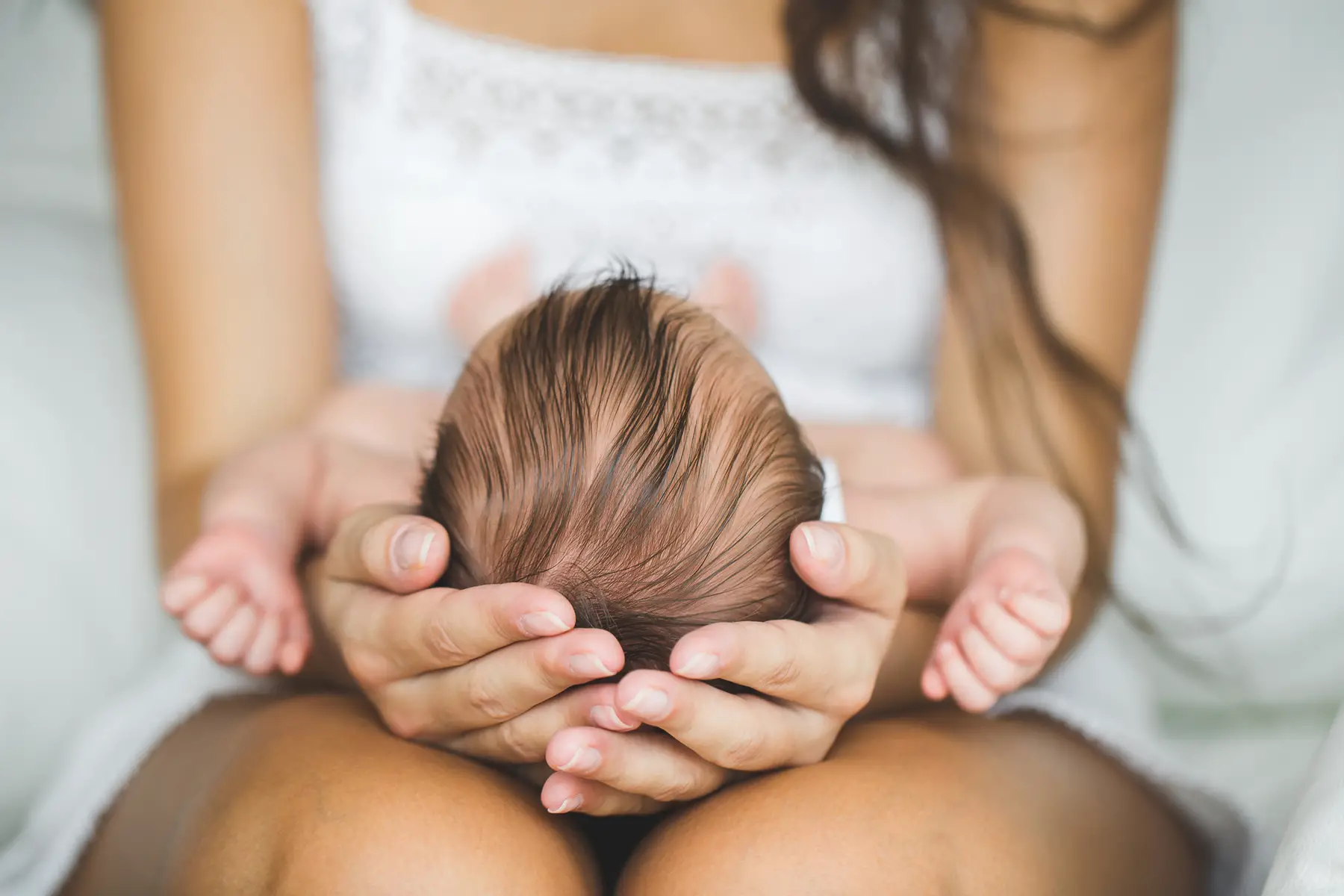When considering moving to a new country, it’s natural to want to know about its stance on human and civil rights; as well as the rights of specific demographics such as the LGBT+ community and women. After all, these are critical elements to feeling safe and supported in a new country. And if you take it one step further and learn how voting and elections work, you will soon have a good idea of what belief system underpins your new home.
But first, if you identify as female or are raising girls, here is everything you need to know about women’s rights in Austria, including the following:
- Women’s rights and gender equality in Austria
- Attitudes towards women in Austria
- The laws on harmful practices in Austria
- Political rights for women in Austria
- Women in leadership positions in Austria
- Women’s economic rights in Austria
- Health and reproductive rights for women in Austria
- Women’s education rights in Austria
- Freedom from violence in Austria for women
- Family and divorce laws in Austria
- Breastfeeding laws in Austria
- Women in the media, arts, and sports
- Women’s rights organizations in Austria
Ground News
Get every side of the story with Ground News, the biggest source for breaking news around the world. This news aggregator lets you compare reporting on the same stories. Use data-driven media bias ratings to uncover political leanings and get the full picture. Stay informed on stories that matter with Ground News.
Women’s rights and gender equality in Austria
Gender inequality is an ongoing point of policy discussions around the world. Lawmakers continue to petition for a more solid focus on women’s representation, rights, and access to services. An American study in 2019 assessed women’s rights around the world. Essentially, the study used metrics including security, justice, and inclusion to determine each country’s rating. The top-rated countries in the world for women’s rights are Norway, Switzerland, Finland, Denmark, and Iceland.
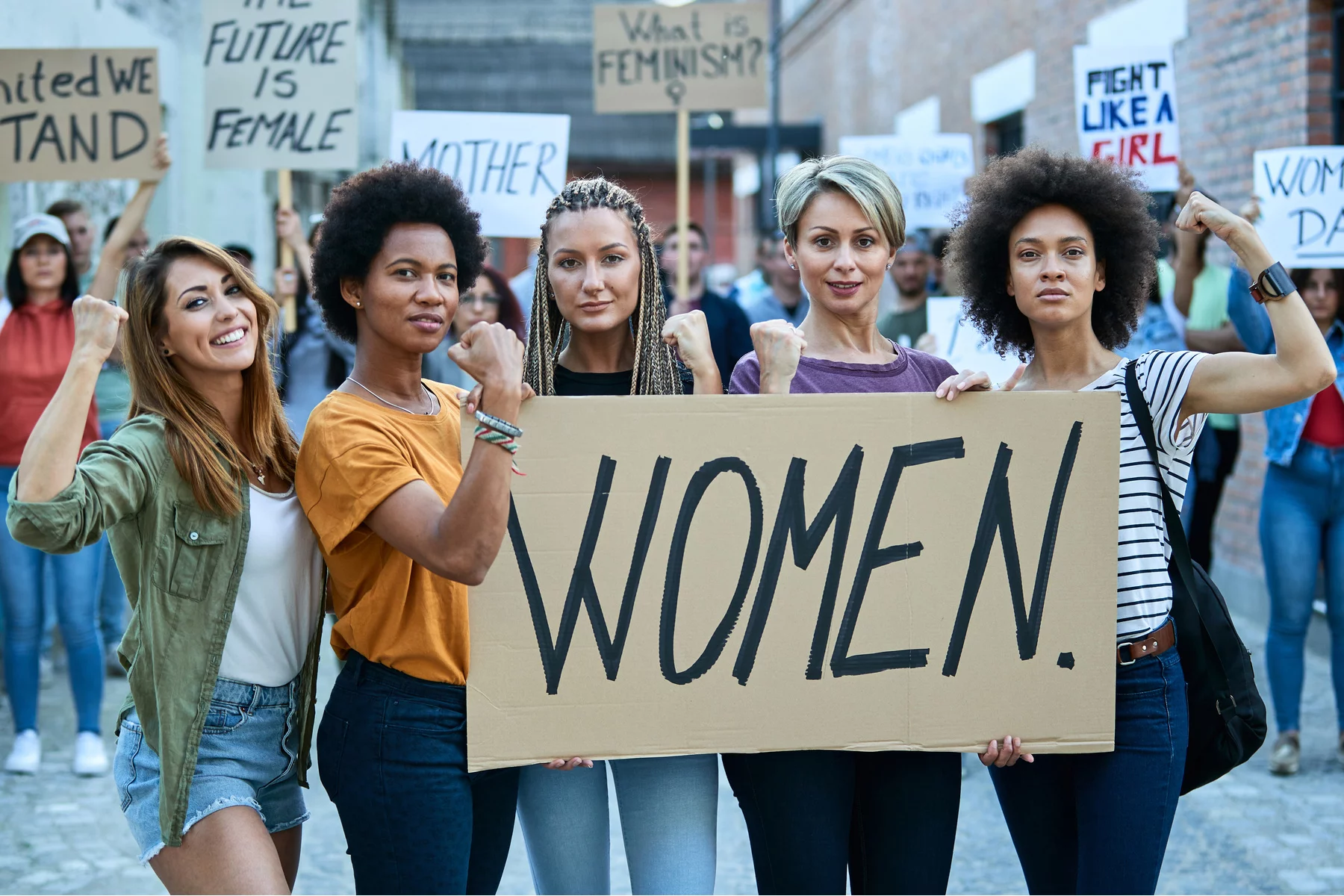
Interestingly, Austria came out sixth followed by the UK. So while Austria ranks well in the world, there are still some lengths to go before true gender equality is truly achieved.
This is also evident in the findings of the 2019 Gender Equality Index (GEI), which measures the access women have to attaining means of power in economics, politics, and making decisions. According to the index, Austria ranks 13th in the EU, scoring 65.3 out of 100 points; 2.1 points lower than the EU overall. Interestingly, although it is not an active member of the UN Commission on the Status of Women (CSW), Austria participates as an observer.
Attitudes towards women in Austria
Since Austrian’s new government came to power in 2017, there have been growing concerns about women’s rights among citizens. The government approved a new 12-hour working day in 2019. This presents challenges for single parents and working families where childcare facilities close at 16:00 in most urban centers. With most women earning less than men in Austria, many women must also make the decision to turn to part-time work.
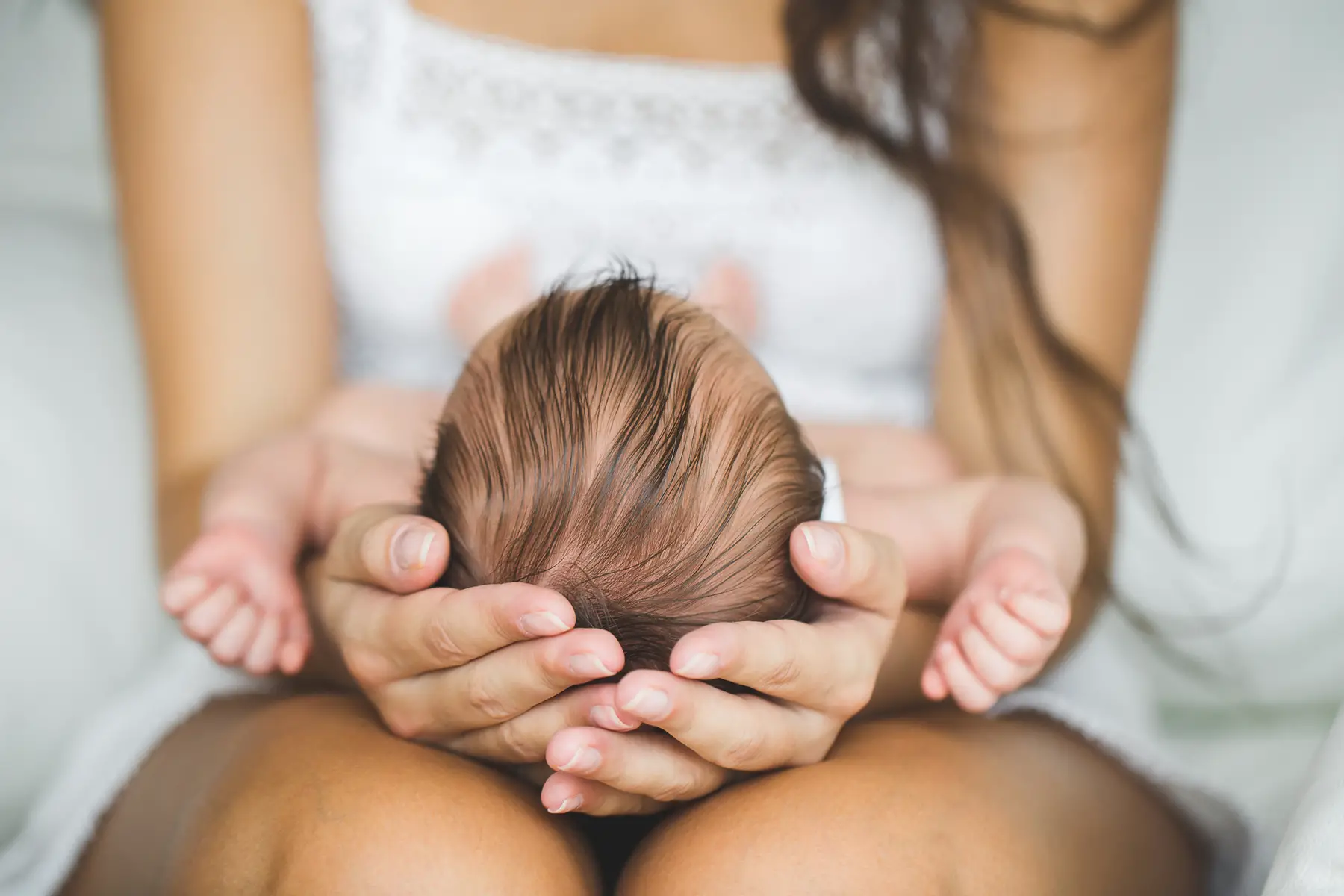
In addition, the lack of support and advice for pregnant women, including those considering abortion and adoption, has led to the #fairändern civil petition which calls for fair change to the law on abortion. You can read more about this in our guide to women’s healthcare in Austria.
The laws on harmful practices in Austria
Through the Austrian Development Cooperation (ADC), Austria has a commitment to combatting female genital mutilation. The ADC also provides support to South Eastern European projects to combat female trafficking. The nation also supports the Gender-Unit of the African Union that fights against it. In addition, Austria provides financial aid to the UN Trust Fund to End Violence Against Women.
In 1992, Austria changed the minimum age of marriage to 18 and it has committed to eliminating child, early, and forced marriage by 2030. Sadly, even though child marriage is illegal in Austria, it is reported to happen in minority communities. However, typically these children are forced into marriage in their home countries then return to live in Austria.
Political rights for women in Austria
Voting rights for women in Austria
The beginnings of women’s suffrage are traced back to the 18th century and Olympe de Gouges is thought to be the first female suffragette. She first published a declaration on the rights of women. Additionally, there were a few protests in the streets of Austria in 1848 that aimed to tackle a misogynist wage policy.
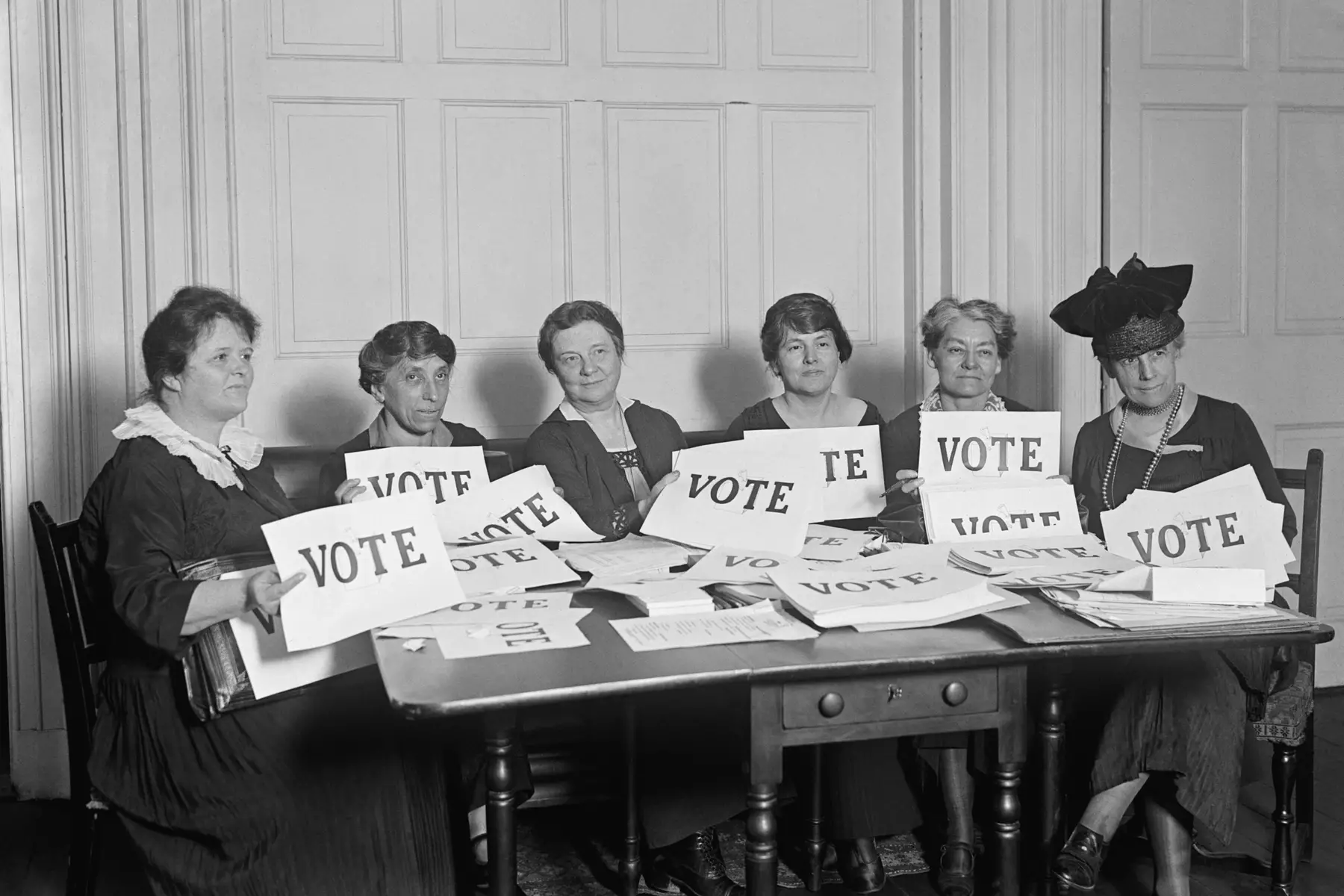
However, in the main, Austrian suffragettes typically preferred petitions rather than demonstrations. Even so, the fight for the right to vote took decades to achieve.
It was WWI that changed the game for women’s rights in Austria. During this turbulent period, women filled out the workforce while men went to war and the economy continued on. In 1918, an electoral law to vote passed for “all citizens regardless of gender”. However, this did not apply to prostitutes who had to wait until 1923 to cast a vote.
Astonishingly, Vienna used different colored envelopes to monitor women’s votes right up until 1996. While this was common in other nations during the 1920s, it ended after WWII everywhere else.
Women in power in Austria
Remarkably, as of 2020, Austria has a Cabinet with more women than men. Indeed, nine of the 17 members in the new conservative-Green coalition Cabinet are women. However, the current Chancellor and Vice-Chancellor are both men.
Women in leadership positions in Austria
According to the Federal Chancellery Republic of Austria, women remain underrepresented in both leadership and political decision-making positions in Austria. This is proportionate to their share of the population. The Act on Equality between Women and Men in Supervisory Boards (GFMA-G) came into play in 2017 to boost women in leadership roles. As of 2018, publicly traded companies and those with more than 1,000 employees must have at least 30% women and 30% men on their supervisory boards.
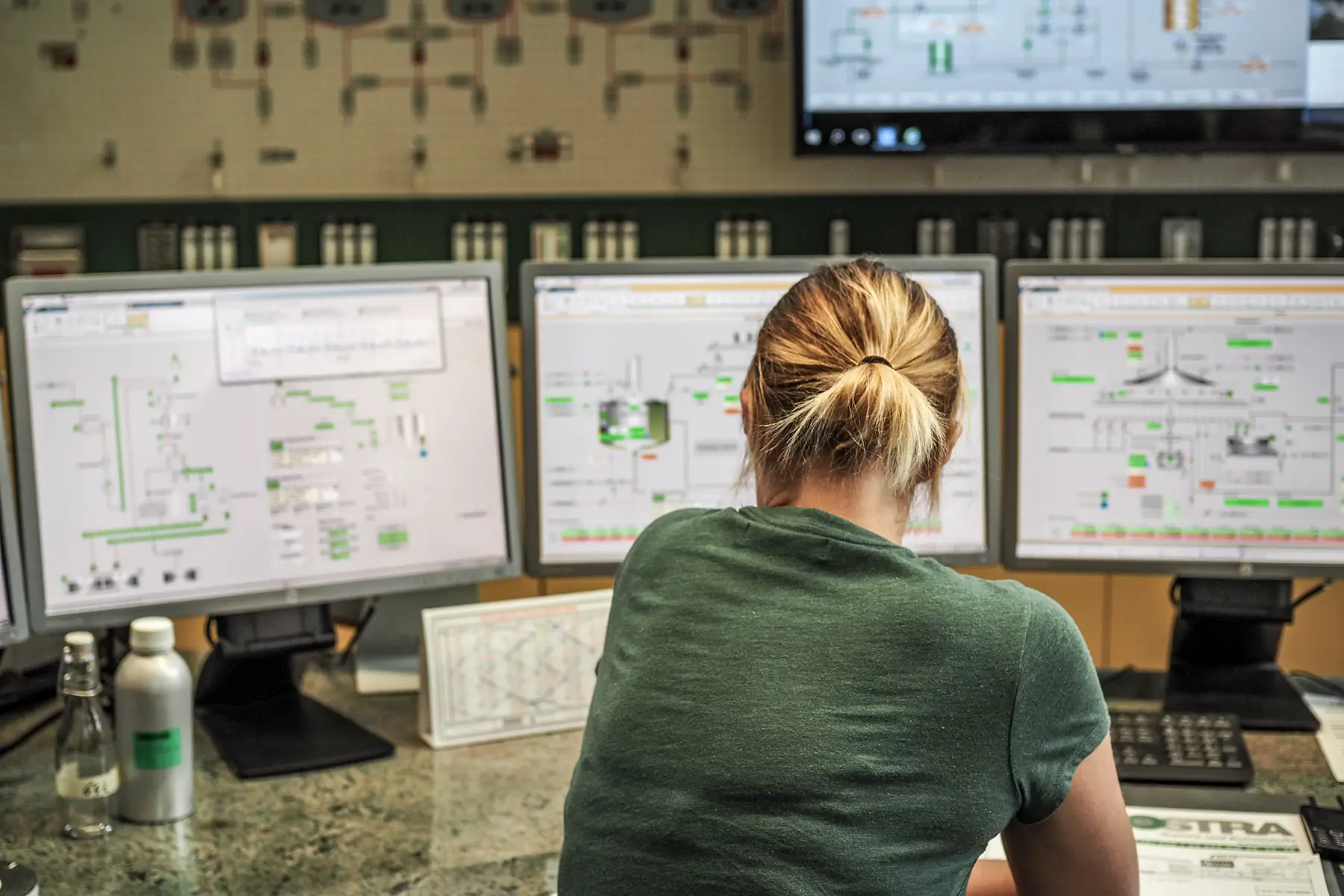
There is no legislated electoral quota in Austria. That said, some political parties do have voluntary quotas for their party. However, in July 2019, amendments to the law on parliamentary funding added a bonus for a higher proportion of women.
Women’s economic rights in Austria
Employment rights
Trading Economics reports that as of 2019, the labor force participation rate of females over 15 years is 56%. Austria also has one of the highest Gender Pay Gaps (GPG) in the EU (19,9% of the average gross hourly wage). The amount of women working part-time in Austria (47.9%) is also one of the highest in the EU.
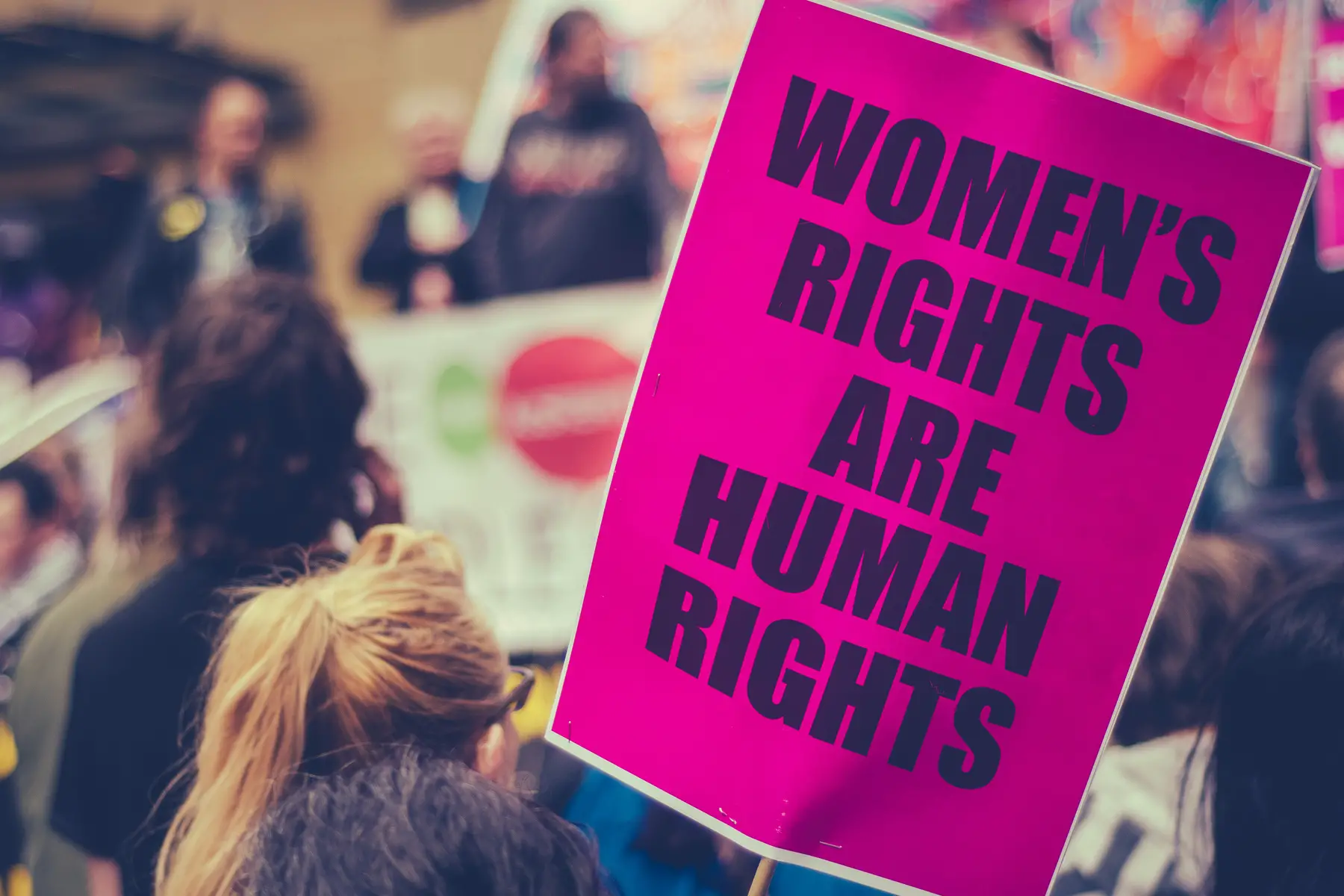
Women work on average 65 hours per week, which is two hours more than men. However, 25 hours of their work per week is unpaid compared to just 16 hours for men. According to UN Women, Austria continues to implement its National Action Plan on Gender Equality in the Labor Market. This includes increasing wage transparency and extending childcare facilities.
Notably, women are not allowed to work during the eight weeks leading up to their due date. They are also not allowed to work for eight weeks after giving birth. Employed women get a Wochengeld (cash benefit) of their average earnings. Foreign residents can also get maternity benefits in Austria.
Furthermore, employed mothers have the right to receive paid leave until the day before the child’s second birthday. In addition, mothers can share this with the child’s father. This can also be extended to a part-time absence from work instead of full-time. If both parents take leave, they can have a total of 1,063 days after the birth of the child. Of this, between 91 and 212 days have to be used by the other partner.
Equal treatment
To date, Austrian legislation revolves around the Equal Treatment Act which details the equal treatment of women and men at work. Since 2008, gender-based discrimination is prohibited. Selective measures for improving the income transparency between women and men were also added in 2011. Then, in 2013, the Equal Treatment Directive for Self-Employed was implemented. In 2018, the share of women on supervisory boards was 18.5%.
Women in business in Austria
As of 2017, 46.4% of the active members of the Austrian Federal Economic Chamber (WKO) are women. And, according to WKO member statistics, women manage 176,930 businesses, and there are 114,184 female entrepreneurs in Austria. Additionally, 130,000 women marked themselves as self-employed on the Austrian micro census.
There are several platforms and networking groups for women in business:
- Frau in der Wirtschaft (Women in Business) is a national organization that acts as a network, interest group, and a service center, all in one.
- Frau & Arbeit (Woman & Work) is a service center in Salzburg that helps women find employment. They also offer workshops and consultancy for women planning to start their own businesses.
- Gründerinnenzentrum N4 (The Female Founder Centre N4) is a networking resource run by the province of Styria.
- The Unternehmerinnen Netzwerk is a regional network of female businesswomen in lower Austria. It holds regular networking events, meetings, and lectures.
- Taten statt Worte (Action Instead of Words) is a non-profit that aims to improve the working environment of women with an emphasis on reinforcing female entrepreneurship.
- The Professional Women’s Network (PWN) in Vienna is all about gender balance in leadership. The network not only encourages women in business but also offers a Global Entrepreneurship Program.
- Female Founders was launched by three successful women entrepreneurs to help women set up their own businesses.
- Frauen-business is an online platform that provides information on seminars and events for networking in the world of work.
- Female Leader Initiative is an independent network of women, created by female leaders, with affiliates in 95 countries. They aim to help highly qualified women in Styria get into leadership positions and networks.
- Business Professional Women has ten regional clubs throughout Austria and holds events.
Financial and property rights
Men and women have equal ownership rights to property in Austria. This includes the ability to manage, control, administer, receive, dispose of, and transfer property. Furthermore, there are no specific gender-related legal restrictions on property for married women or men. This means that men are not automatically granted any administrative control when a couple buys a property together. In essence, men and women in Austria have equal financial and property rights.

If you are looking into buying a property, check out our handy guides to buying real estate in Austria and how to open a bank account.
Health and reproductive rights for women in Austria
Women’s healthcare in Austria, including gynecological services, is covered by general health insurance that is tied to employment. Birth control, such as birth control pills, shots, patches, and Intrauterine Devices (IUDs), is common throughout the country but requires a doctor’s prescription. Furthermore, emergency contraception – which is taken after unprotected or suspected unprotected sex – is widely available throughout Austria.
Maternity care services are efficient and supportive. However, legally, you must go before the 14th week of pregnancy to be eligible for all the benefits offered by your health insurance for the duration of your pregnancy. The maternal mortality rate in Austria is low with five deaths for every 100,000 live births.
Essentially, fertility treatment in Austria is available with Austrian insurance. You can access the IVF Fonds, which will pay for up to 70% of the cost of In-Vitro Fertilization. You can read more about this in our guide to women’s healthcare in Austria.
Importantly, abortion is legal in Austria and available in hospitals during the first three months of pregnancy. However, unlike many EU countries, public insurance doesn’t cover the procedure without medical necessity; costs usually run between €500 and €600.
Women’s education rights in Austria
The Austrian University Act (UG) contains a number of laws pertaining to gender equality in universities. For instance, every university has to develop its own plan for the advancement of women. However, in 2014, a report by the Organization for Economic Co-operation and Development (OECD) found that upward mobility in educational attainment is particularly difficult for women in Austria. This means that they attain a higher education level than their parents.
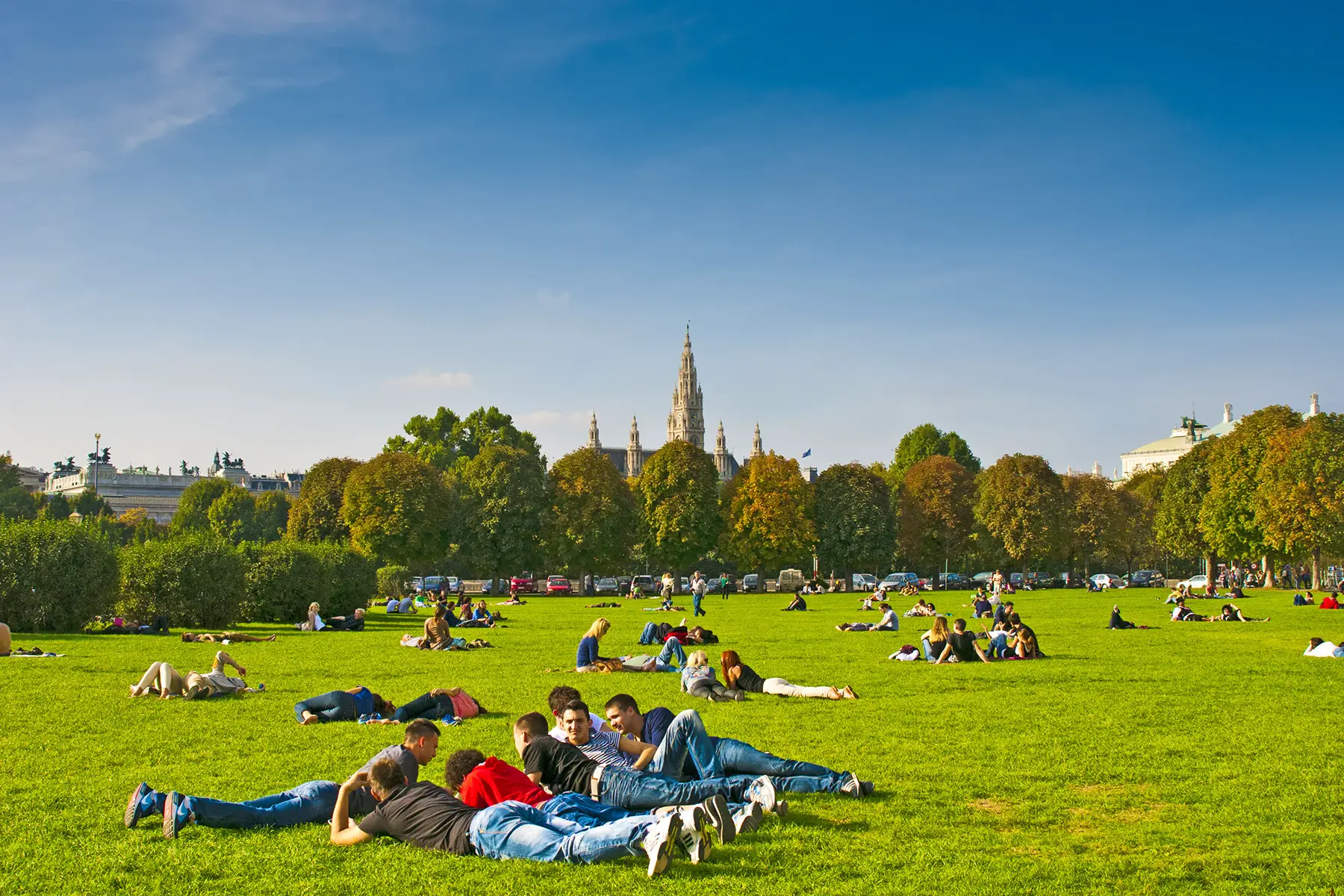
In this area, Austrian men are far more upwardly mobile in educational attainment than women with 33% versus 25%. In contrast, in most OECD countries, women (40%) are more upwardly mobile than men (38%).
In 2009, the government approved a 40% women quota for collegial bodies, which increased to 50% in 2015. As of 2015, around 53% of all university students across Austria were women.
Freedom from violence in Austria for women
Austrian Parliament originally passed the Protection Against Violence Act in 1997. The law provides additional protection for survivors of sexual violence. Austria is also active in the Council of Europe Convention on preventing and combating violence against women and domestic violence. Interestingly, this is the first legally binding system that obliges states to act against gender-specific domestic violence.
All the same, instances of domestic violence still happen and police lines continue to operate 24/7 at 133 or 112. There is also a free, 24-hour women’s helpline at 0800/222 555. Notably, police have the authority to evict the aggressor from a shared house for a minimum of two weeks; even if they are the owner. You can also explore the following resources:
- Women’s Shelters Vienna – provides support for victims of domestic violence including women’s refuges and a 24-hour emergency line
- Domestic Abuse Intervention Center, Vienna – provides the contact details of the nine Austrian Domestic Intervention Centres located around the country
- Association of Autonomous Austrian Women’s Shelters – a network of 15 autonomous women’s shelters in Austria
Family and divorce laws in Austria
By law, both men and women must be at least 18 years old in order to get married in Austria. However, if an individual of 16 years wants to marry, they may do so with consent from both parents. Their potential spouse must also be at least 18 years old.
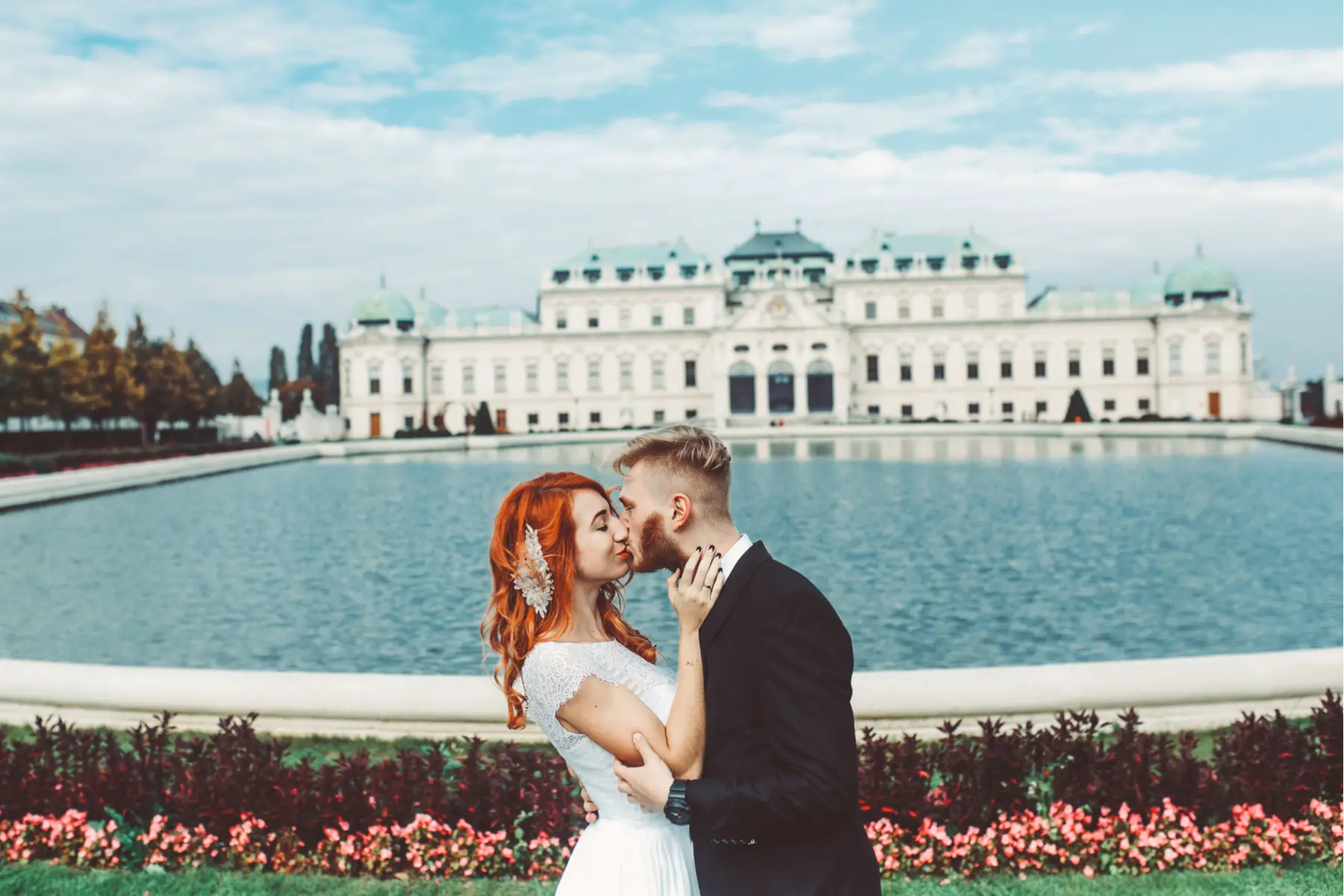
To file for divorce in Austria, a couple must have been married for at least six months. A spouse may file for an at-fault divorce for reasons such as immoral conduct, infidelity, violence, or mental illness. Additionally, if a couple lives apart for at least three years, either spouse can file for divorce. Otherwise, they must jointly petition.
In an at-fault divorce, the spouse who is at fault must pay enough maintenance to enable the other partner to maintain their lifestyle. However, if both spouses are at fault or neither is more to blame than the other, usually, the higher earner will pay spousal maintenance to the other.
Parents in Austria can often make their own custody arrangements. In general, courts prefer to award joint custody of underage children. And typically, child support depends on the parents’ ability to contribute and the child’s needs.
With divorces, spouses can claim maintenance, division of property, and appropriate child custody arrangements. Conversely, in domestic partnerships, each individual will retain their own assets. In this situation, the mother will also automatically receive child custody.
Breastfeeding laws in Austria
Typically, many women do breastfeed in Austria. That said, the rate of exclusively breastfeeding generally reduces to 10% after six months. Many Austrian hospitals provide lactation services both before and after the baby arrives. There is a supportive community that you can tap into for breastfeeding guidance at the Vienna Family Network. You can also read our article on breastfeeding views around the world for more information.
Women in the media, arts, and sports
According to the Gender Equality in the Labor Market report, women in decision-making roles in the media workforce made up 30% of the sector in 2018. In sports media, however, women are dramatically underrepresented. This is twofold, both in the number of female journalists as well as the rate of coverage for female sports. That said, in 2019, for the first time, a woman won the Austrian Sports Journalists Association in Vienna prize.
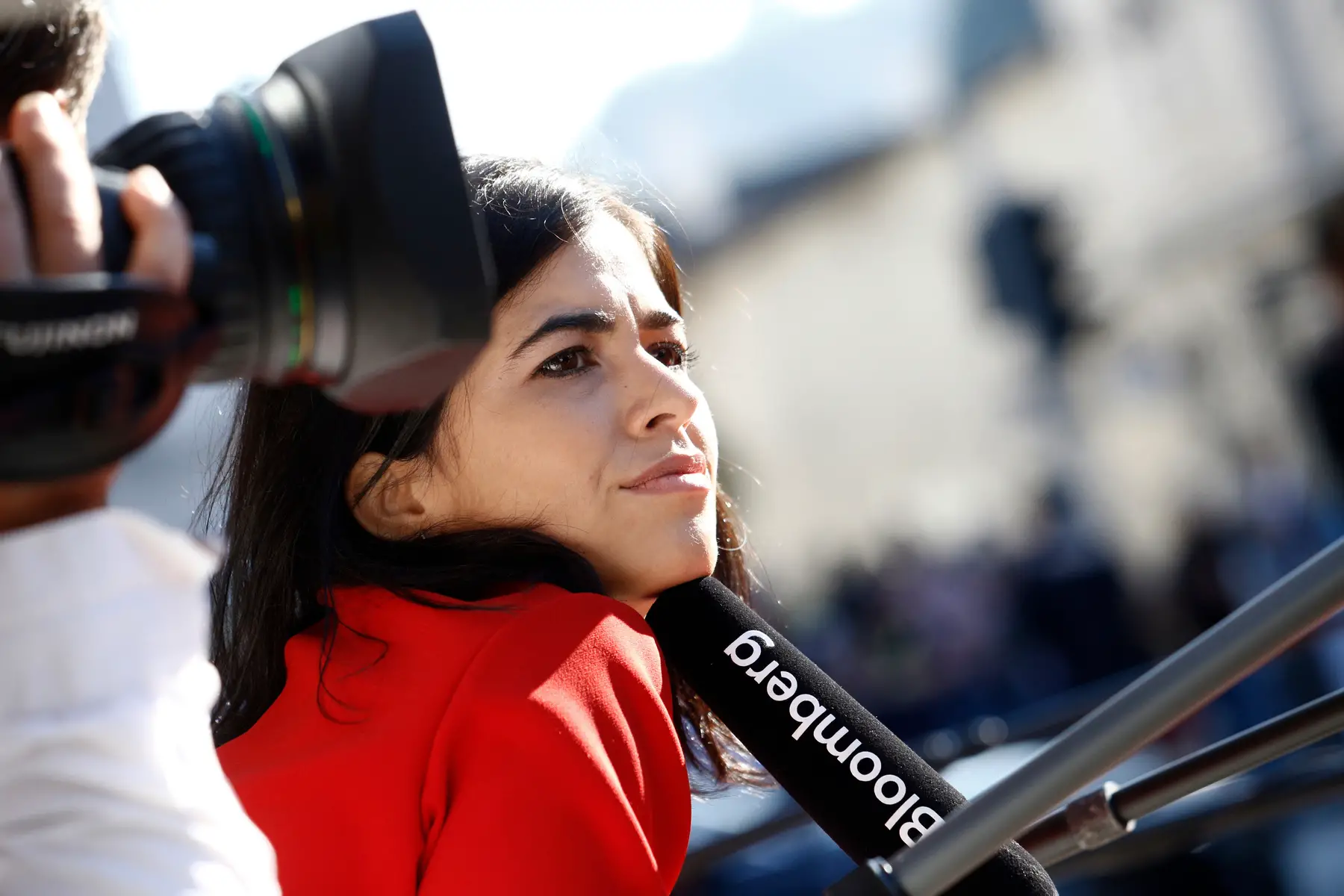
Since 2004, Austria has held a renowned women’s film festival which has created a unique space for female filmmakers from around the globe. The festival works as a platform for women who want to present their work to an interested Austrian audience.
Women’s rights organizations in Austria
There are several women’s rights organizations in Austria that aim to support and advise women throughout the country. Here are some of the main ones:
- UN Women National Committee – a resource for working women in Austria
- Austrian Women’s Shelter Network (AÖF) – a network of 15 women’s shelters in Austria
- Women Against Violence Europe (WAVE) – a network of NGOs working in the field of combating violence against women and children



